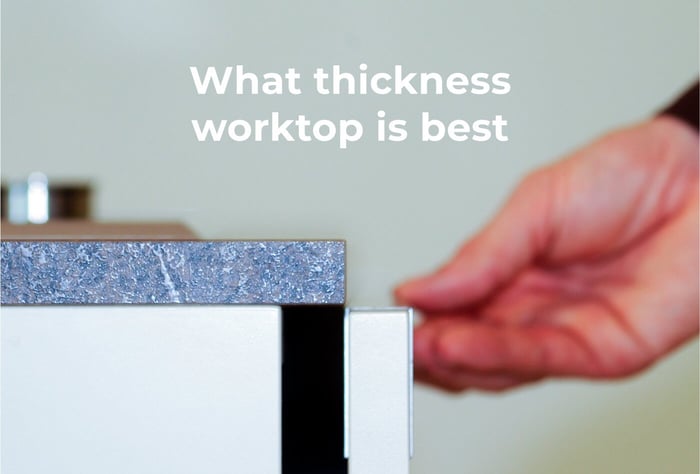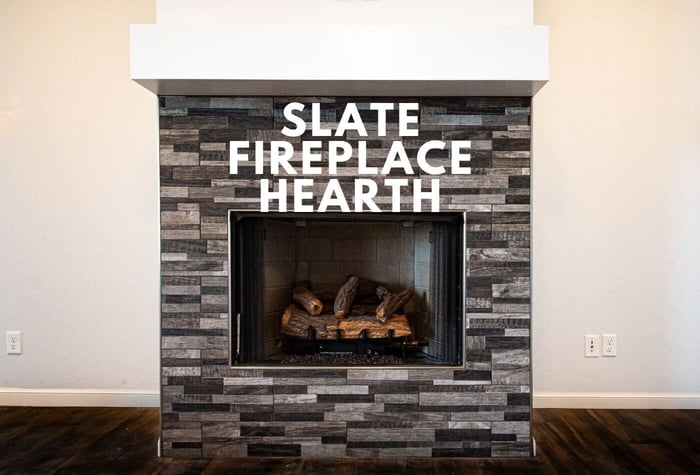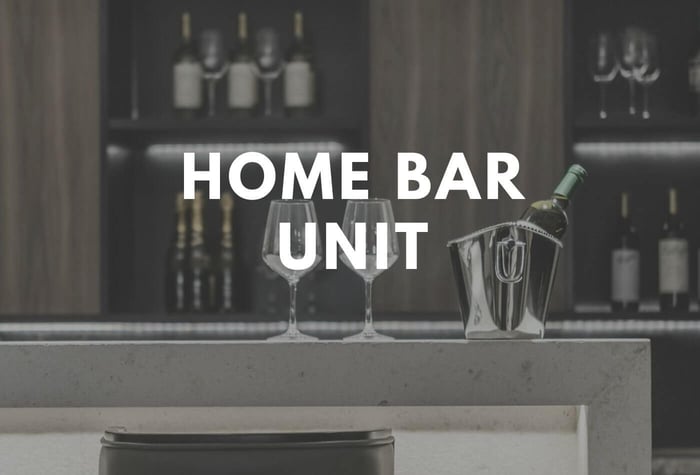Table of Contents
- What is the Standard Kitchen Worktop Thickness in the UK?
- Best Worktop Thickness for Different Materials
- Which Thickness Suits Modern vs Traditional Kitchens?
- Is Thicker Always Better? Pros and Cons of Thick Worktops
- How Does Worktop Thickness Affect Your Kitchen Aesthetics?
- Cost Comparison: 20mm vs 30mm vs 40mm Worktops
- Choosing the Right Thickness Based on Kitchen Usage
- Buy All Kinds of Stone Thickness Materials at Work-tops!
- Conclusion
- Frequently Asked Questions and Answers
Are you confused about what thickness worktop is best to use? Regarding kitchen renovations, picking the best worktop is more than selecting the perfect stone. One often overlooked the thickness of the worktop. The right thickness can influence everything from durability to cost and even the overall design aesthetic. Understanding thickness is key in eyeing sleek Quartz worktops, timeless Granite, or modern Porcelain. So, how thick should your worktop be? Let us walk you through the most needed items so you can make a smart and stylish decision. This guide from Work-tops will help you explore standard practices, pros and cons, material-specific tips, and the latest worktop thickness trends 2025 UK. Contact us at +44 0330 113 5868 or mail us at info@work-tops.com to get in touch with us.
What is the Standard Kitchen Worktop Thickness in the UK?
The standard kitchen worktop thickness in the UK typically ranges from 20mm to 30mm. These measurements are widely accepted in both residential and commercial kitchens. The 20mm vs 30mm worktop thickness debate continues, as both give unique advantages. 20mm is modern and minimalist, whereas 30mm provides a more robust, luxurious, and rich feel. Occasionally, 40mm worktops are used for a bold aesthetic, though they are less common. The key is to balance functionality with your kitchen’s entire design style. Whether you’re renovating or building from scratch, knowing the standard helps plan and budget.
Best Worktop Thickness for Different Materials
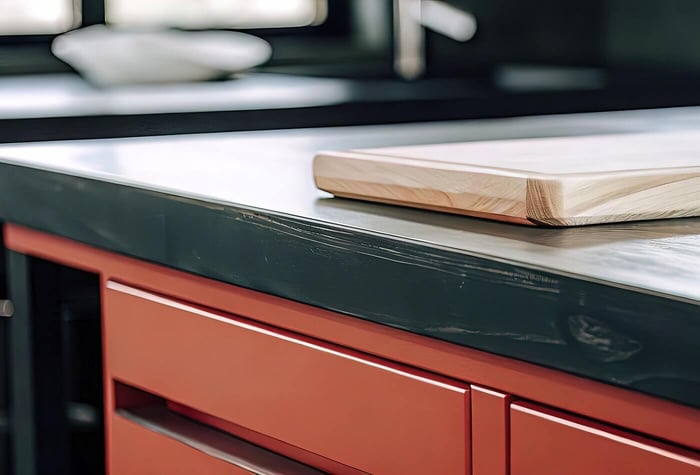
Granite
What thickness worktop is best when it comes to Granite material? If you go for the stunning granite, it is best to choose the 30mm thick material for durability along with the classic appeal.
Marble
What thickness worktop is best when it comes to Marble? We recommend a 20mm for a sleek, modern finish. Pick the perfect thick material and enjoy the look.
Quartz
What thickness worktop is best when it comes to Quartz? You can either choose 20 mm or 30mm, based on visual preference and use.
Porcelain
If you ask me, what thickness worktop is best for Porcelain? 20mm is the best and ideal option, being lightweight yet strong.
Which Thickness Suits Modern vs Traditional Kitchens?
Modern Kitchens
What thickness worktop is best for my modern kitchen? Modern designs favour a minimalist and seamless look. That’s why 20mm quartz worktops are trending; they’re sleek, sharp-edged, and perfect for handleless cabinetry.
Traditional Kitchens
You can achieve a warm and classic look for your traditional kitchens by choosing 30mm granite worktops that fit perfectly in the UK. They add heft and timelessness, working well with shaker cabinets and ornate features.
Blended Kitchens
Do you want to combine styles? You can choose a 20mm surface material with a 30mm edge profile, creating a hybrid look that works with modern and traditional elements.
Is Thicker Always Better? Pros and Cons of Thick Worktops
Pros of Thicker Worktops:
It offers you enhanced durability and is perfect for heavy-use kitchens. Also, it gives you a more luxurious, rich, and premium appearance. Alongside, it helps you integrate under-mount sinks seamlessly. It hides uneven surfaces or cabinetry imperfections well. So, if you go for the thicker worktops, you can enjoy the above-mentioned benefits.
Cons of Thicker Worktops:
If you get the thicker worktops, the weight of the material will be heavier, so you may need stronger cabinet support. Cost-wise, thicker material can be pricier than thinner alternatives in terms of both materials and installation. It can overwhelm small kitchen spaces visually. Also, it has limited design flexibility for modern and minimal styles.
How Does Worktop Thickness Affect Your Kitchen Aesthetics?
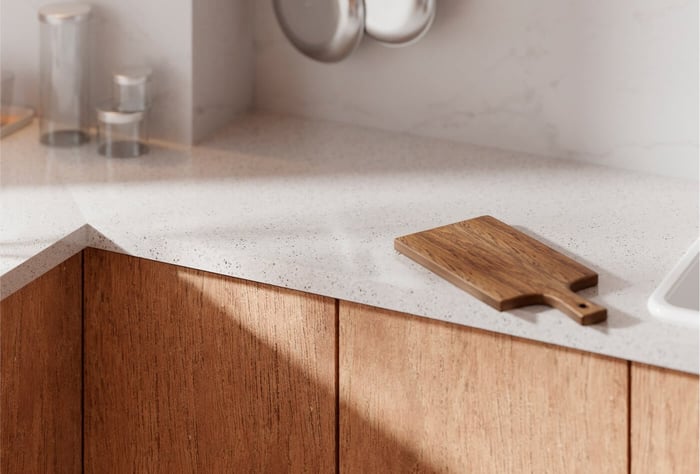
What thickness worktop is best to use? Is that important to consider? Will it impact the kitchen's aesthetic look? Yes, worktop thickness plays a significant role in kitchen styling. Going for the 20mm worktop creates a clean, contemporary silhouette that pairs well with modern cabinetry. In contrast, 30mm and 40mm worktops exude richness and substance, which are great and the best for traditional or industrial-style kitchens. The edge profile also changes perception; a thick, chamfered edge looks grand, whereas a thin, straight edge feels minimal. Either you want bold or barely-there; thickness matters a lot. Visual flow, alignment with appliance heights, and edge detail all hinge on this decision.
Cost Comparison: 20mm vs 30mm vs 40mm Worktops
20mm Worktops
What thickness worktop is best cost-wise? Generally, you can get 20mm, which is more affordable, particularly in materials such as porcelain or marble. Installation is quicker, and less material is needed.
30mm Worktops
Suppose you get the 30 mm-thick worktops, which are slightly pricier due to added material and labour. However, the strength and luxurious look often make the investment worthwhile.
40mm Worktops
Are the 40mm worktops costly? Yes, it is the costliest of the three. Heavy, bold and custom—usually chosen for statement kitchens or commercial spaces.
Choosing the Right Thickness Based on Kitchen Usage
Heavy-use Family Kitchens
What thickness worktop is best for a heavy-use family kitchen? You can opt for 30mm granite or quartz. These offer strength and stand up to heat and spills.
Compact City Kitchens
Still searching like "what thickness worktop is best" for your compact city kitchen? It is best to go for 20mm porcelain or quartz to maintain an airy and modern feel without compromising durability.
Luxury Showcase Kitchens
What thickness of the worktop is best for getting the luxurious showcase kitchen? For that, you can go for the 40mm quartz or marble that adds up visual drama and aligns with premium aesthetics.
Rental or Budget Kitchens
For rental or budget kitchens, it is best to go for the 20mm quartz, which is cost-effective, durable, and still visually appealing.
Commercial or Outdoor Kitchens
What thickness worktop is best for the commercial or outdoor kitchens? For that, you can stick with 30mm granite, which can endure harsh conditions and frequent use.
Buy All Kinds of Stone Thickness Materials at Work-tops!
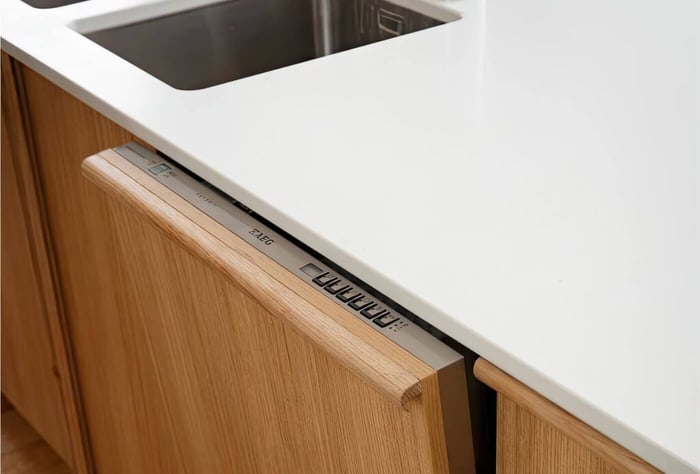
Are you looking for a reliable source for your perfect worktop? Work-tops give you a wide array of stones in multiple thicknesses—12mm, 20mm, and 30mm. From quartz, granite, and marble to Porcelain, we’ve got you covered. Our collection caters to both modern and traditional styles. Whether you're remodelling a compact kitchen or building a luxury and rich culinary space, we help you to pick the right and best thickness. With our expert guidance in the UK, you're not just picking a stone; you’re crafting an experience. Visit our site and explore the latest worktop thickness trends for 2025 in the UK today.
Conclusion
Let’s do a quick and fast wrap-up on this section! So, what thickness of worktop is best for your kitchen? The answer lies in your design goals, material preference, and how you plan to use the space. While 20mm vs. 30mm worktop thickness remains a hot topic, both options serve their purpose well. If you do, consider aesthetics, durability, and cost when deciding. From standard kitchen worktop thickness norms to individual style, there's no one-size-fits-all answer, but there is a perfect fit for every kitchen. With guidance from Work-tops, you'll find the right stone and the best and right thickness to bring your dream kitchen to life.
Frequently Asked Questions and Answers
What is the Best Thickness for a Quartz Worktop?
For quartz worktops, 20mm and 30mm are excellent options, depending on your kitchen style and usage.
Is a 20 mm-thick Worktop Enough for a Kitchen?
Yes, especially for modern kitchens. It gives strength, style, and cost-effectiveness.
Which Thickness is More Popular in the UK?
You can go for the 30mm thick option, which is often seen in traditional kitchens, while 20mm is more common in modern homes.
Can I Mix Different Thicknesses in One Kitchen?
Yes! You can; it’s a smart way to differentiate zones like islands and prep areas.
P.s. The readers are informed that none of the content available on any of the pages of Work-tops.com should be taken as legal advice and that Work-tops will not be held accountable for your use of the information contained in or linked from these web pages.

